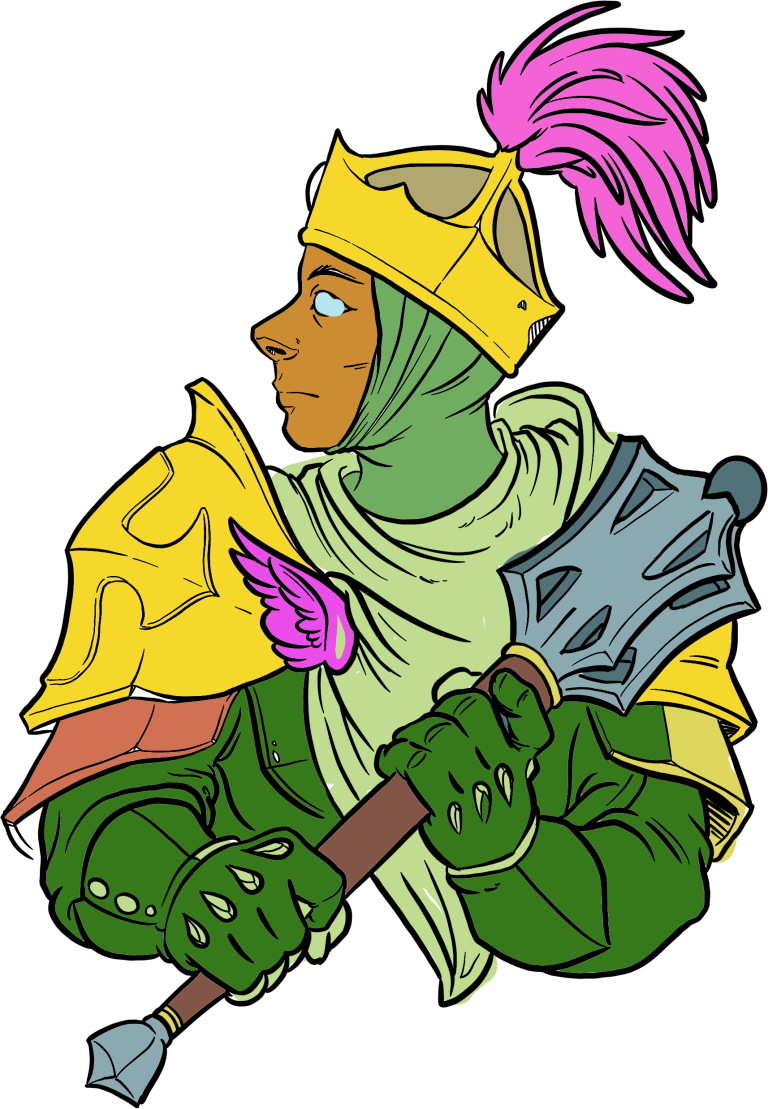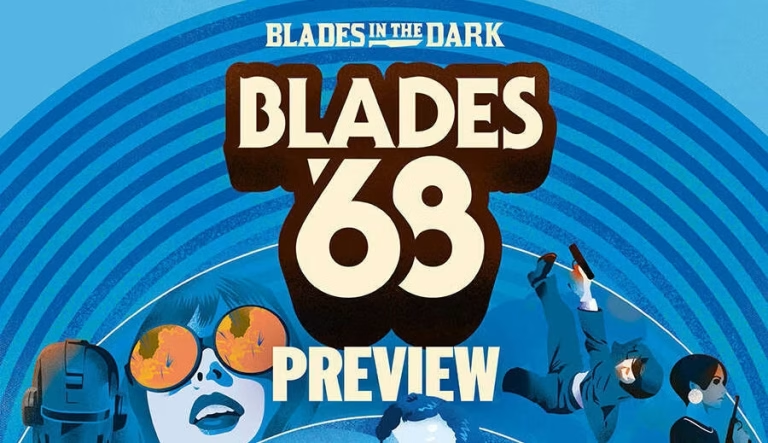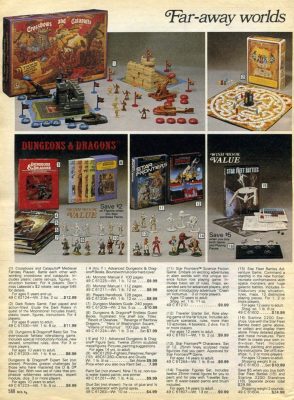By Jason Campbell
In my current 5e campaign there are 5 PCs, none of them dwarves. Don’t worry – it follows. For that matter, none of them were masons, miners, or anything of the like. The PCs were exploring an underground system of stone hallways, and one of the PCs, a Leonin (lion-folk) fighter/wizard, made an investigation check on the walls and floor of the halls. As a GM I use the philosophy that if it’s impossible, I don’t require a roll, and likewise if it’s obvious or essential information I will just assume a success. In this case the PC was raised in a tribe from the plains and he was fairly new to the city (Ptolus, the huge city from Monte Cook Games). This section of the undercity was built by an ancient dwarf clan who built and lived in a city below the current city of Ptolus. The PC had no connection to the ancient dwarf culture or stonework in general, but I let the player roll with the caution that it would be a very high DC. As you may have guessed by now, the player rolled a natural 20.
As noted this was a completely improbable result, and some DMs might say that I shouldn’t have allowed it to happen. In the past I probably would have agreed with those DMs. In this case I used it to build a story, both backstory and future events. How did this outsider lionfolk know anything about the history of dwarf stoneworking? OK, how about if he had a best friend as a youngster who was a dwarf. A nomad who’d been taken in by the tribe after his clan was destroyed, but not before he learned of the ways of his dwarf people. Of course I’d discuss it with the player, but it’s a part of the character’s backstory that hadn’t been fleshed out and it worked well with the story. Then as a DM I noted that this was an NPC that could and likely would come back in the future. Perhaps the Leonin PC finds that his dwarf friend was kidnapped by an evil cult, or is working with a revolutionary organization. Now this has an influence on future situations as well.
All of the above was the result of a single roll with a 5% chance in a seemingly random situation. We often say that the story is told by the players and the dice, but this can be expanded beyond just whether the dice have determined the success or failure of a particular action. So have you ever had something similar happen as a player or GM? Let us know in the comments below.






